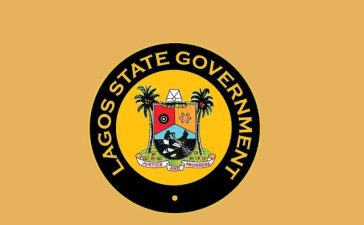The World Bank has once again classified Nigeria, along with Afghanistan, Somalia, South Sudan, and Yemen, as countries with high food security concerns.
This classification raises concerns about the ability of these governments to address the challenges they face. The latest Food Security Update from the World Bank states that these countries remain of the highest concern for the period from June to November 2023.
The report, available on the World Bank’s website, also highlights Haiti, Sudan, and the Sahel region (specifically Burkina Faso and Mali) as areas of the highest concern due to persistently high food inflation in their economies. Previously, the World Bank had identified Borno and Yobe states in Nigeria as regions where food insecurity could deteriorate into a crisis.
These states, along with areas in Katsina, Sokoto, Zamfara, and Kaduna, have been placed on the food crisis watch list.
The World Bank report identifies organized violence and armed conflict as significant factors driving acute food insecurity in many of these countries. These ongoing conflicts pose additional challenges to addressing food security and exacerbate the already precarious situation.
The classification of Nigeria and other countries as hotspots of food security concerns underscores the urgent need for effective measures and interventions to address the underlying causes of food insecurity.
It highlights the importance of addressing conflict, improving governance, and implementing sustainable agricultural and food production practices to ensure food availability and access for vulnerable populations.







